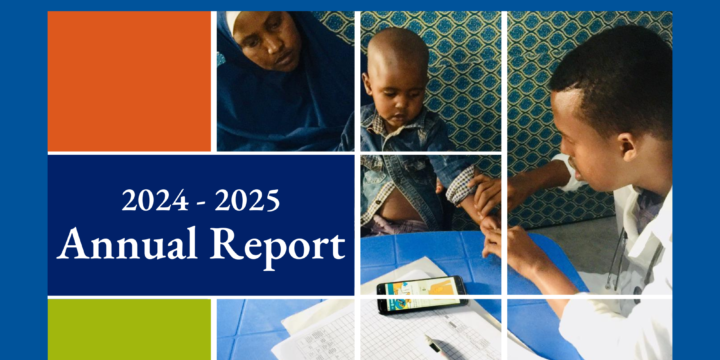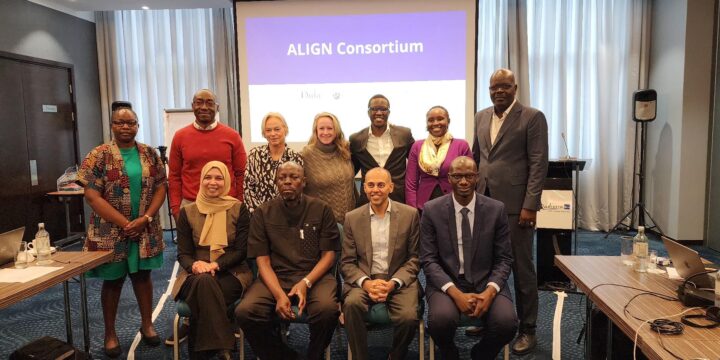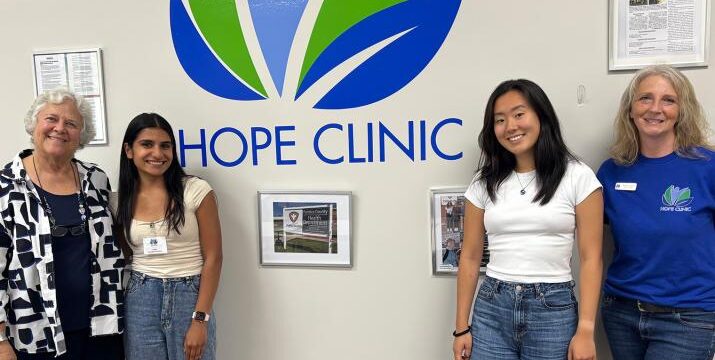
ALIGN External Evaluator: Request for Proposals
Duke University’s Global Health Innovation Center, with partners Keprecon (Kenya), Enda Santé (Senegal), and SAMRC (South Africa), is seeking an external evaluator for our ongoing work as the ALIGN Consortium. What we need: A contribution analysis–informed evaluation that helps us understand: (1) what changed (for whom) and how we know, (2) which shifts matter most (and why), (3) ALIGN’s plausible contribution vs. alternative explanations, and (4) what’s needed next to sustain progress toward effective, efficient, and country-led health innovation introduction. What you bring: Evaluation expertise, including for health systems and national policy on health innovation in Kenya, Senegal, South Africa English and French language capability Please: Submit your 1-page Expression of Interest by EOD 28 January 2026; or If you know an evaluator or small team with strong fit (health…









